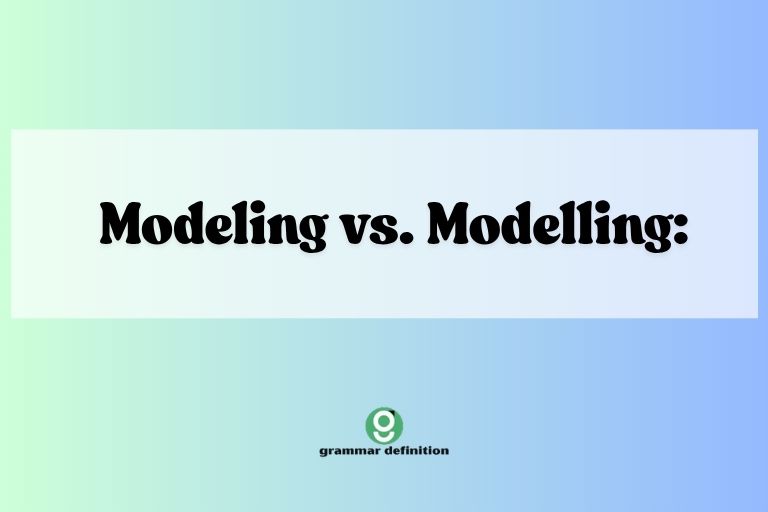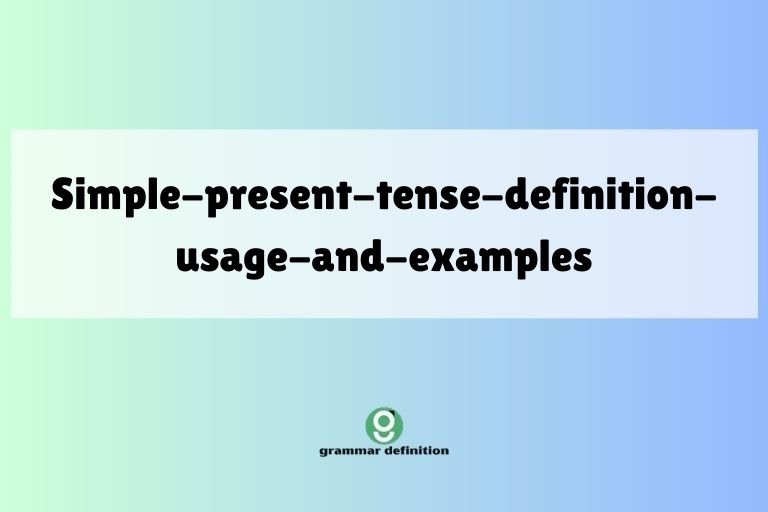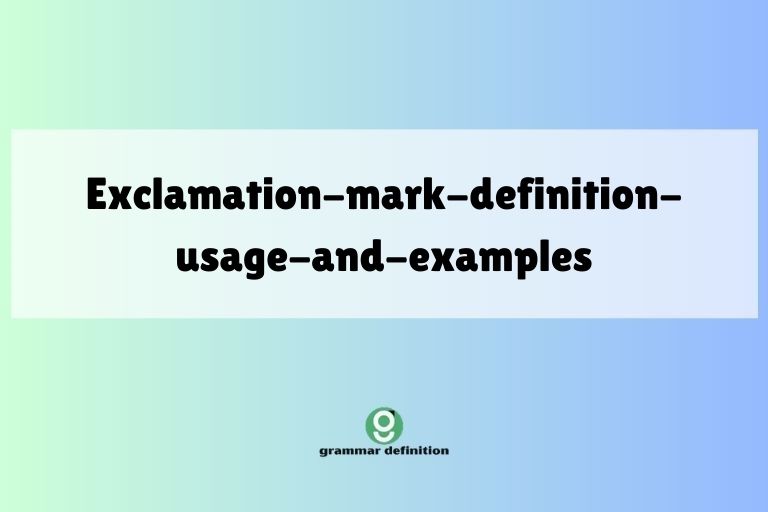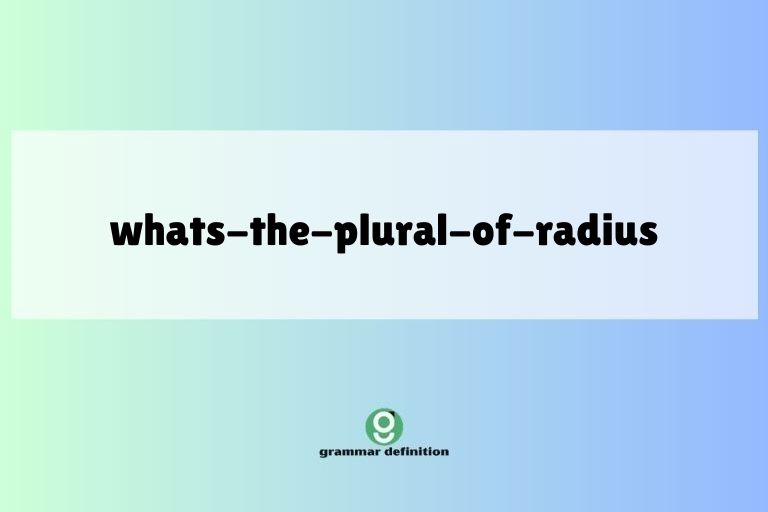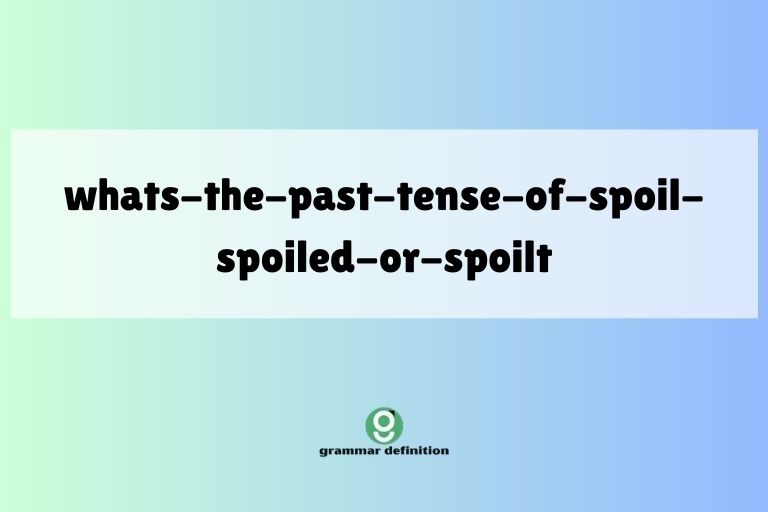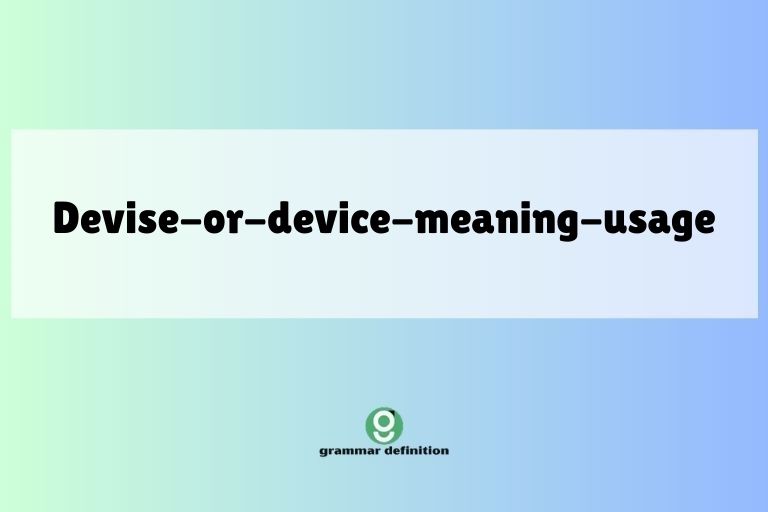“A Lot” vs. “Allot” vs. “Alot”: Mastering Correct Usage
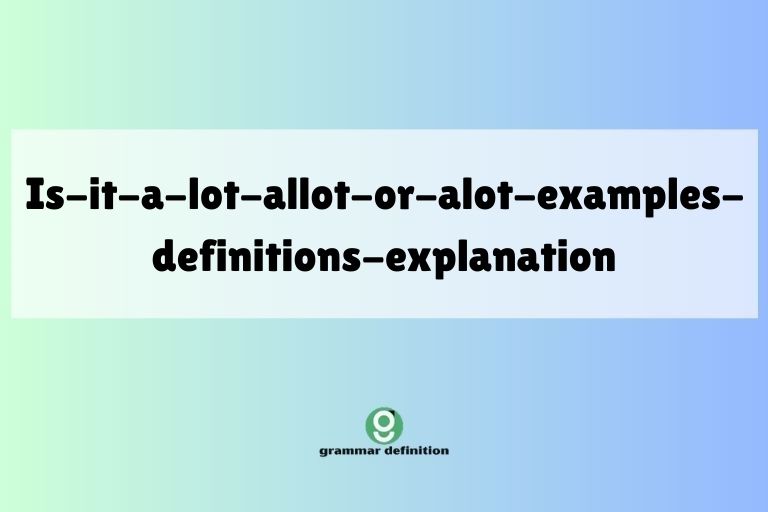
Understanding the difference between “a lot,” “allot,” and “alot” is crucial for clear and effective communication in English. These terms are often confused, leading to errors in writing that can undermine the credibility of your message.
This article provides a comprehensive guide to mastering the correct usage of each term, covering definitions, examples, usage rules, common mistakes, and practice exercises. Whether you are a student, a professional, or simply someone looking to improve their English skills, this guide will equip you with the knowledge and confidence to use these words correctly.
By the end of this article, you will be able to confidently distinguish between “a lot,” “allot,” and understand why “alot” is not a recognized word. You will also gain insight into the nuances of each term and how to use them effectively in various contexts.
Let’s dive in and clear up this common source of confusion!
Table of Contents
- Definitions: A Lot vs. Allot
- Structural Breakdown
- Types or Categories
- Examples of A Lot and Allot
- Usage Rules
- Common Mistakes: Alot
- Practice Exercises
- Advanced Topics
- Frequently Asked Questions (FAQ)
- Conclusion
Definitions: A Lot vs. Allot
Let’s start by defining the terms “a lot” and “allot” to understand their meanings and proper usage. It’s important to note upfront that “alot” is not a recognized word in standard English.
A Lot
“A lot” is an informal expression that means a large amount or quantity. It is used to indicate that there is a considerable number or degree of something. “A lot” functions as an adverb or pronoun, depending on the context. It is always written as two separate words.
Allot
“Allot” is a verb that means to give or apportion (something) to someone as a share or task. It implies the distribution or assignment of resources, time, or responsibilities. The word “allot” is derived from the Old French word “aloter,” meaning “to divide into lots.”
Structural Breakdown
Understanding the structural components of “a lot” and “allot” can further clarify their correct usage.
A Lot: Two Separate Words
The phrase “a lot” consists of the article “a” and the noun “lot.” The article “a” is an indefinite article, indicating one of something. The noun “lot” refers to a portion, share, or quantity.
Together, “a lot” forms an informal expression denoting a large quantity. This is a crucial point to remember: it is always two words.
Allot: A Single Verb
“Allot” is a single-word verb. It follows the standard verb conjugation rules in English.
It has different forms depending on the tense and subject. For example, “allot,” “allots,” “allotted,” and “allotting” are all valid forms of the verb.
Types or Categories
While “a lot” primarily functions as an adverb or pronoun, and “allot” functions as a verb, it’s useful to explore the contexts in which they are commonly used.
A Lot: Adverbial and Pronoun Usage
- Adverbial Usage: “A lot” can modify verbs, adjectives, or other adverbs to indicate a large degree or extent.
- Pronoun Usage: “A lot” can stand in for a large quantity or amount of something.
Allot: Contexts of Usage
- Resource Allocation: “Allot” is often used in the context of distributing resources such as money, materials, or equipment.
- Time Management: It is also used to describe the allocation of time for specific tasks or activities.
- Responsibility Assignment: “Allot” can refer to the assignment of duties or responsibilities to individuals or teams.
Examples of A Lot and Allot
The best way to understand the correct usage of “a lot” and “allot” is through examples. The following tables provide a variety of examples in different contexts.
Examples of “A Lot”
The following table showcases the usage of “a lot” in various sentences, both as an adverbial phrase and as a pronoun.
| Sentence | Usage Type |
|---|---|
| I like chocolate a lot. | Adverbial |
| She has a lot of friends. | Pronoun (modifying “friends”) |
| They spent a lot of money on their vacation. | Pronoun (modifying “money”) |
| He travels a lot for work. | Adverbial |
| There are a lot of opportunities in this city. | Pronoun (modifying “opportunities”) |
| We have a lot to be thankful for. | Pronoun (modifying “to be thankful”) |
| The children laughed a lot during the movie. | Adverbial |
| She worries a lot about her family. | Adverbial |
| He has a lot of experience in this field. | Pronoun (modifying “experience”) |
| They have a lot of work to do. | Pronoun (modifying “work”) |
| I think about her a lot. | Adverbial |
| She cares a lot about animals. | Adverbial |
| He reads a lot of books. | Pronoun (modifying “books”) |
| They eat a lot of vegetables. | Pronoun (modifying “vegetables”) |
| We learned a lot in that class. | Adverbial |
| She has a lot of patience. | Pronoun (modifying “patience”) |
| He practices a lot to improve his skills. | Adverbial |
| They have a lot of respect for their elders. | Pronoun (modifying “respect”) |
| I appreciate your help a lot. | Adverbial |
| She exercises a lot to stay healthy. | Adverbial |
| There’s a lot of food left over from the party. | Pronoun (modifying “food”) |
| He thinks a lot before making a decision. | Adverbial |
| They have a lot of knowledge about the subject. | Pronoun (modifying “knowledge”) |
| I miss my friends a lot. | Adverbial |
| She contributes a lot to the community. | Adverbial |
Examples of “Allot”
The following table demonstrates the usage of “allot” as a verb in various sentences, showing different tenses and contexts.
| Sentence | Tense |
|---|---|
| The manager will allot tasks to each team member. | Future |
| The teacher allotted 15 minutes for each presentation. | Past |
| We need to allot more resources to this project. | Present |
| The company allots a budget for employee training. | Present |
| The government allotted funds for disaster relief. | Past |
| They will allot seats based on the order of registration. | Future |
| The committee allots time for each speaker. | Present |
| The school allotted classrooms for the after-school program. | Past |
| We should allot some time for relaxation. | Present |
| The organizers will allot prizes to the winners. | Future |
| The city council allots funds for public transportation. | Present |
| The company allotted stock options to its employees. | Past |
| They will allot rooms to the guests upon arrival. | Future |
| The university allots scholarships based on merit. | Present |
| The director allotted roles to the actors in the play. | Past |
| We must allot enough time for the meeting. | Present |
| The team will allot responsibilities to each member. | Future |
| The museum allots space for different exhibits. | Present |
| The judge allotted time for each lawyer to present their case. | Past |
| They will allot resources to the most critical projects. | Future |
| The organization allots funds for environmental conservation. | Present |
| The manager allotted tasks based on each employee’s skills. | Past |
| We need to allot time for feedback and revisions. | Present |
| The company allots a certain percentage of profits to charity. | Present |
| The teacher allotted extra credit to students who completed the bonus assignment. | Past |
Examples Contrasting “A Lot” and “Allot”
This table provides examples that directly contrast “a lot” and “allot,” highlighting the difference in their meanings and usage.
| Sentence | Word Used | Explanation |
|---|---|---|
| I have a lot of books to read. | A Lot | Indicates a large quantity of books. |
| The librarian will allot shelves for the new books. | Allot | Means to assign shelves to the books. |
| She spends a lot of time volunteering. | A Lot | Indicates a large amount of time spent. |
| The organization will allot volunteers to different projects. | Allot | Means to assign volunteers to projects. |
| They made a lot of progress on the project. | A Lot | Indicates a significant amount of progress. |
| The manager will allot tasks based on skills and experience. | Allot | Means to assign tasks based on skills. |
| There is a lot of food at the party. | A Lot | Indicates a large quantity of food. |
| The host will allot portions to each guest. | Allot | Means to distribute portions to the guests. |
| He has a lot of responsibilities at work. | A Lot | Indicates a large number of responsibilities. |
| The company will allot resources to each department. | Allot | Means to allocate resources to the departments. |
| We learned a lot from the workshop. | A Lot | Indicates a significant amount of learning. |
| The instructor will allot time for questions and answers. | Allot | Means to assign time for questions. |
| She has a lot of experience in the field. | A Lot | Indicates a significant amount of experience. |
| The company will allot internships to qualified students. | Allot | Means to assign internships. |
| They have a lot of work to complete. | A Lot | Indicates a large amount of work. |
| The supervisor will allot the workload fairly. | Allot | Means to distribute the workload. |
| I appreciate your help a lot. | A Lot | Indicates a significant amount of appreciation. |
| The committee will allot funds to support the project. | Allot | Means to allocate funds. |
| There are a lot of opportunities available. | A Lot | Indicates a large number of opportunities. |
| The university will allot scholarships to deserving students. | Allot | Means to award scholarships. |
Usage Rules
To ensure correct usage, it’s important to follow specific rules for “a lot” and “allot.” These rules cover spelling, grammar, and context.
Rules for “A Lot”
- Always two words: “A lot” should always be written as two separate words. Writing it as “alot” is incorrect.
- Informal Usage: “A lot” is considered informal. In formal writing, consider using more precise alternatives such as “many,” “much,” “a great deal,” or “a large quantity.”
- Modifying Nouns: When “a lot” modifies a noun, it often requires the preposition “of.” For example, “a lot of books,” “a lot of time,” etc.
Rules for “Allot”
- Correct Spelling: Ensure you spell “allot” correctly with two “l”s and one “t.”
- Verb Conjugation: Use the correct verb tense when using “allot.” For example, “allot,” “allotted,” “will allot,” “is allotting.”
- Formal Context: “Allot” is generally used in formal contexts, such as business, academic, or official settings.
Common Mistakes: Alot
The most common mistake is writing “a lot” as one word: “alot.” This is not a recognized word in standard English and should be avoided. Let’s look at some examples of correct and incorrect usage.
Correct vs. Incorrect Examples
The table below shows common mistakes and their corrections regarding “a lot”, “allot” and “alot”.
| Incorrect | Correct | Explanation |
|---|---|---|
| I have alot of work to do. | I have a lot of work to do. | “A lot” is always two words. |
| The manager will alot the tasks. | The manager will allot the tasks. | Correct spelling of the verb “allot.” |
| She likes him alot. | She likes him a lot. | “A lot” is always two words. |
| They alotted more time to the project. | They allotted more time to the project. | Correct spelling of the verb “allotted.” |
| There are alot of people at the party. | There are a lot of people at the party. | “A lot” is always two words. |
| The teacher alots time for questions. | The teacher allots time for questions. | Correct spelling of the verb “allots.” |
| I miss you alot. | I miss you a lot. | “A lot” is always two words. |
| The company alotted resources for the new initiative. | The company allotted resources for the new initiative. | Correct spelling of the verb “allotted.” |
| He travels alot for business. | He travels a lot for business. | “A lot” is always two words. |
| We need to alot more funds to this project. | We need to allot more funds to this project. | Correct spelling of the verb “allot.” |
Practice Exercises
Test your understanding with the following practice exercises. Choose the correct word (“a lot” or “allot”) to complete each sentence.
Exercise 1: Fill in the Blanks
Choose the correct word (“a lot” or “allot”) to complete each sentence. Answers are provided below.
| Question | Answer |
|---|---|
| 1. I have ______ of homework to do tonight. | a lot |
| 2. The manager will ______ tasks to each employee. | allot |
| 3. She spends ______ of time reading books. | a lot |
| 4. The committee will ______ funds for the project. | allot |
| 5. There are ______ of opportunities in this field. | a lot |
| 6. The organizers will ______ prizes to the winners. | allot |
| 7. He cares ______ about the environment. | a lot |
| 8. The school will ______ classrooms for the event. | allot |
| 9. They have ______ of experience in this industry. | a lot |
| 10. We need to ______ time for relaxation. | allot |
Exercise 2: Correct the Sentences
Identify and correct the errors in the following sentences. Some sentences may be correct.
Answers are provided below.
| Question | Answer |
|---|---|
| 1. I like her alot. | I like her a lot. |
| 2. The teacher will alot time for questions. | The teacher will allot time for questions. |
| 3. They have a lot of fun. | Correct |
| 4. The company alotted resources to the project. | The company allotted resources to the project. |
| 5. There are alot of people at the concert. | There are a lot of people at the concert. |
| 6. We need to alot more attention to detail. | We need to allot more attention to detail. |
| 7. She learned a lot from the experience. | Correct |
| 8. The manager will alot the tasks fairly. | The manager will allot the tasks fairly. |
| 9. He travels alot for work. | He travels a lot for work. |
| 10. They alloted seats based on availability. | They allotted seats based on availability. |
Advanced Topics
For advanced learners, let’s delve into some more complex aspects of using “a lot” and “allot.”
Formal Alternatives to “A Lot”
In formal writing, it’s often better to use more precise and sophisticated alternatives to “a lot.” Some options include:
- Many: Use “many” for countable nouns. Example: “There are many books on the shelf.”
- Much: Use “much” for uncountable nouns. Example: “There is much work to be done.”
- A great deal of: Use “a great deal of” for uncountable nouns. Example: “He has a great deal of experience.”
- A large quantity of: Use “a large quantity of” for both countable and uncountable nouns. Example: “We have a large quantity of resources.”
- Numerous: Use “numerous” for countable nouns. Example: “There are numerous opportunities available.”
Nuances of “Allot”
The verb “allot” can sometimes imply a limited or fixed amount. It suggests that the resource or time being allocated is finite and must be distributed carefully.
Consider the context to ensure that “allot” is the most appropriate word.
Frequently Asked Questions (FAQ)
Here are some frequently asked questions about “a lot,” “allot,” and “alot,” along with detailed answers.
- Is “alot” ever correct?
No, “alot” is never correct in standard English. Always write “a lot” as two separate words.
- When should I use “a lot” versus “many” or “much”?
Use “a lot” in informal contexts. In formal writing, use “many” for countable nouns and “much” for uncountable nouns for greater precision.
- What is the difference between “allocate” and “allot”?
“Allocate” and “allot” are similar in meaning, both referring to the distribution of resources. “Allocate” often implies a more systematic or planned distribution, while “allot” can suggest a more arbitrary or ad-hoc assignment. However, they are often used interchangeably.
- Can “a lot” be used at the beginning of a sentence?
While grammatically correct, starting a sentence with “a lot” is generally considered informal. It’s better to rephrase the sentence for formal writing. For example, instead of “A lot of people attended the conference,” you could say “Many people attended the conference.”
- How do I remember that “a lot” is two words?
Think of “a lot” as “a large quantity.” The word “lot” refers to a portion or share, and “a” indicates one of those portions or shares. Remembering the individual meanings can help you remember that it’s two words.
- Is it ever acceptable to use “a lot” in academic writing?
While “a lot” might be acceptable in some less formal academic contexts, it is generally advisable to use more precise alternatives such as “many,” “much,” “a significant amount,” or “a large number,” depending on the specific context and the nature of the writing.
- How can I practice using “a lot” and “allot” correctly?
Practice by writing sentences using both terms in different contexts. Review your writing for any instances of “alot” and correct them to “a lot.” Additionally, pay attention to how these words are used in books, articles, and other written materials.
- What are some common phrases that use “allot”?
Common phrases using “allot” include “allot time,” “allot resources,” “allot tasks,” and “allot responsibilities.” These phrases are frequently used in business, project management, and organizational contexts.
Conclusion
Mastering the difference between “a lot” and “allot” is essential for clear and accurate communication. Remember that “a lot” is an informal expression meaning a large quantity and is always written as two words.
“Allot” is a verb meaning to assign or distribute something. Avoid the common mistake of writing “alot” as one word, as it is not a recognized term in standard English.
By understanding the definitions, usage rules, and common mistakes associated with these terms, you can confidently use them in your writing and speaking. Practice using these words in different contexts and pay attention to how they are used in written materials to reinforce your understanding.
With consistent effort, you’ll be able to distinguish between “a lot” and “allot” with ease and improve the overall clarity and accuracy of your English communication.

